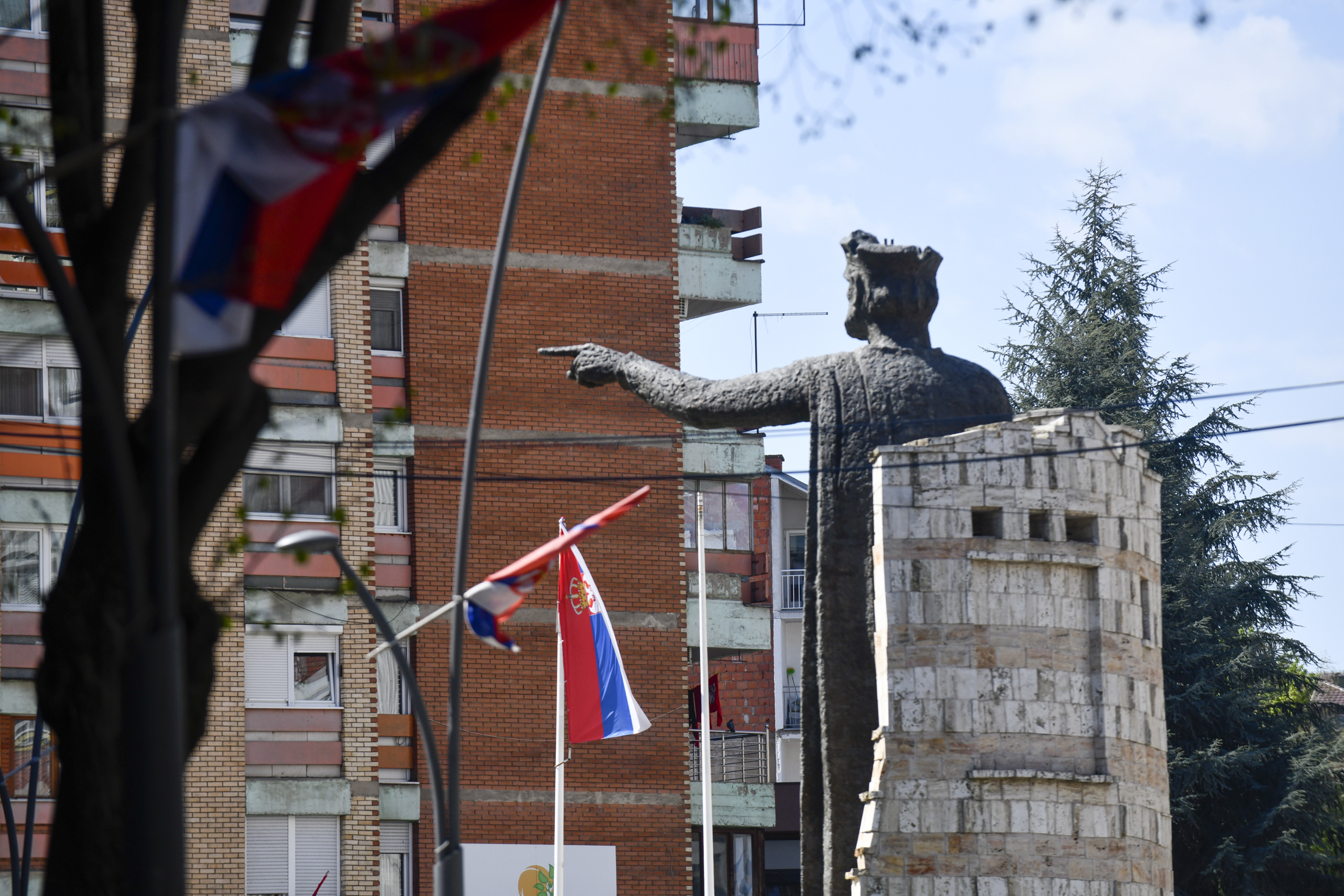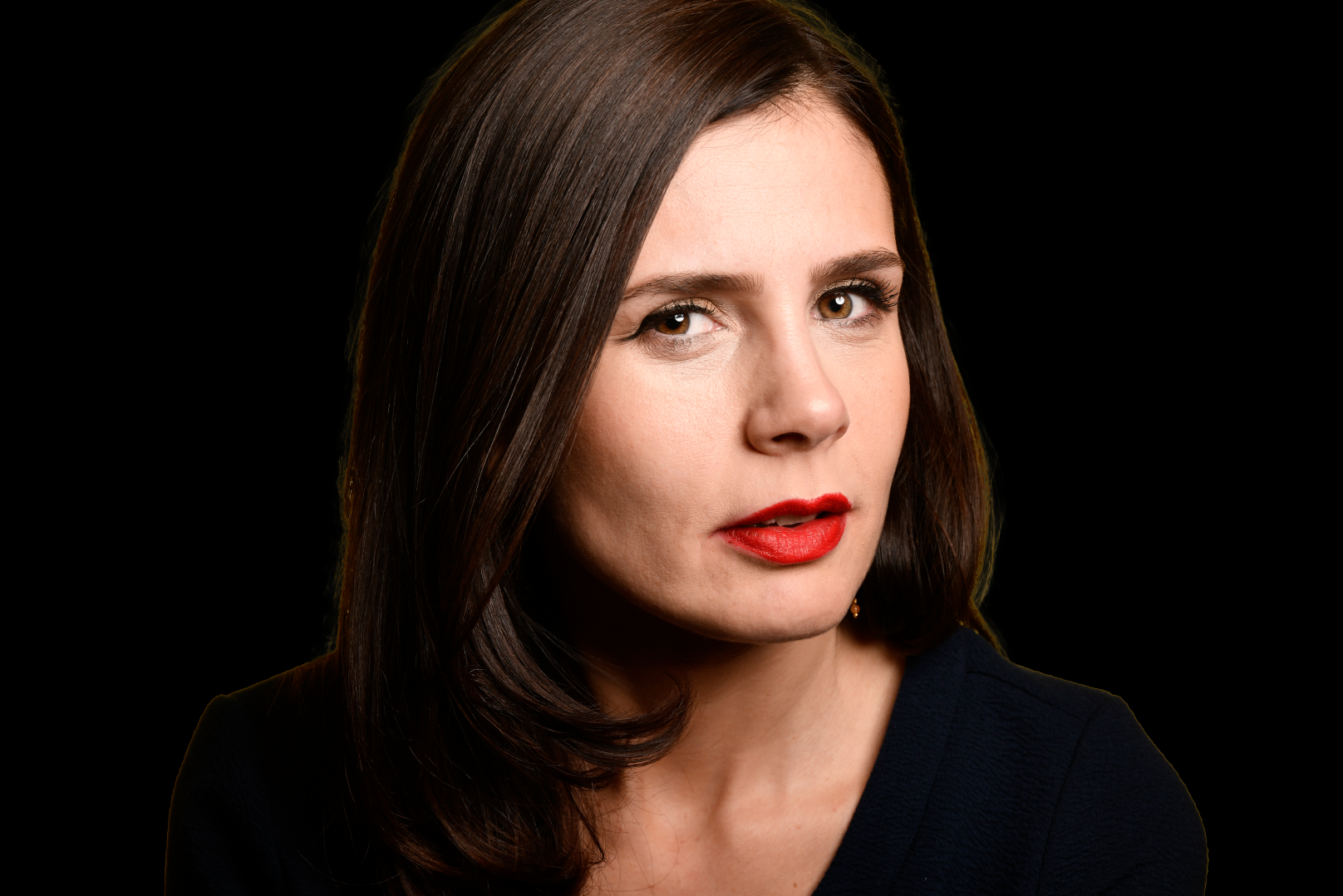
Serb parties return to the race
After two years of boycotts and tensions, Serb parties are aiming to reclaim the northern municipalities.

Dafina Halili
Dafina Halili is a senior journalist at K2.0, covering mainly human rights and social justice issues. Dafina has a master’s degree in diversity and the media from the University of Westminster in London, U.K..
This story was originally written in Albanian.